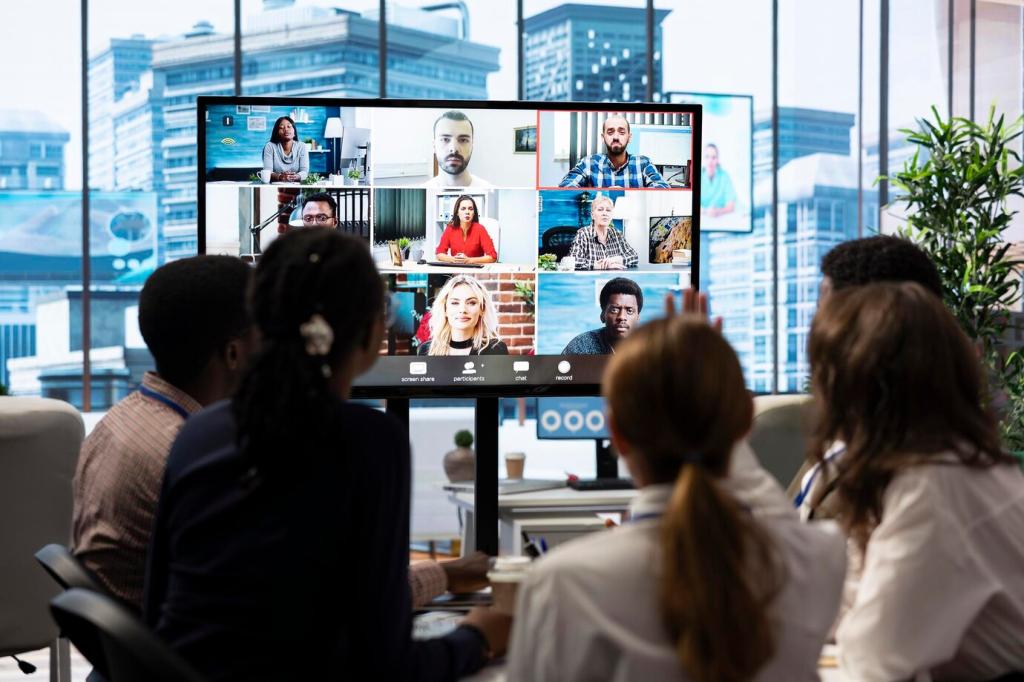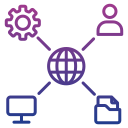Building a Culture of Trust in Remote Work Environments
Cultivating trust within remote teams is essential for productivity, engagement, and long-term organizational success. Unlike traditional office settings, remote work environments present unique challenges due to physical distances, diverse time zones, and reduced face-to-face interaction. Developing a solid foundation of trust involves more than the occasional video call or digital check-in. It requires intentional communication, equitable management practices, and a genuine commitment to nurturing authentic professional relationships. This page discusses essential strategies and principles for building and maintaining trust within distributed teams, ensuring that every team member feels valued, heard, and empowered in a virtual workspace.

Establishing Transparent Communication
Encouraging Open Dialogue
Setting Expectations Clearly
Providing Regular Updates

Fostering Accountability and Reliability
Setting Measurable Goals
Encouraging Ownership of Work
Providing Constructive Feedback
Encouraging Social Connections and Team Bonding

Creating Virtual Social Spaces

Celebrating Milestones and Successes

